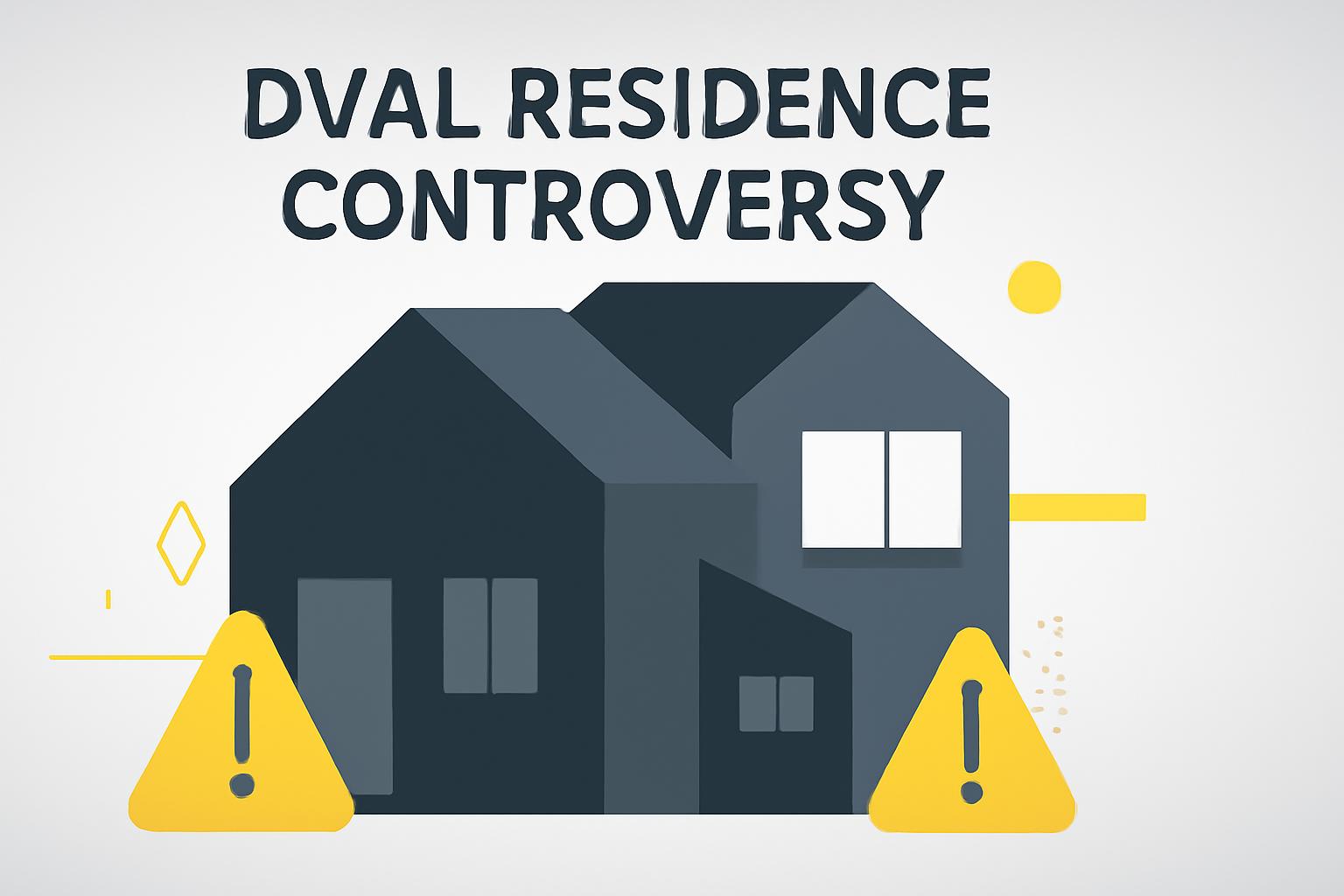Background on Mortgage Claims
Treasury Secretary Scott Bessent once designated two different homes as his principal residences on the same day in September 2007, a situation closely resembling the mortgage residency claims made by Federal Reserve Governor Lisa Cook, according to newly surfaced documents reported by Bloomberg.
Bessent’s properties in Bedford Hills, New York, and Provincetown, Massachusetts, were both labeled principal residences simultaneously. Similarly, Cook signed mortgage agreements for homes in Ann Arbor, Michigan, and Atlanta, Georgia, each declaring them as her principal residence within a two-week period in 2021, before joining the Federal Reserve board.
Legal and Political Fallout Surrounding Lisa Cook
Federal Housing Finance Agency Director Bill Pulte publicly accused Cook of mortgage fraud, posting her mortgage documents on social media in August 2025. Following these allegations, the Department of Justice initiated an investigation after receiving a criminal referral alleging Cook falsified her residency status to obtain favorable loan terms.
President Donald Trump cited these allegations when attempting to remove Cook from the Fed on August 25, 2025. However, federal courts have blocked the effort, ruling that Trump cannot dismiss Cook while her lawsuit contesting the removal is ongoing. This episode unfolded amid Trump’s unsuccessful attempts to pressure the Fed into lowering interest rates.
Bessent’s Case and Bank of America’s Response
In contrast to Cook, Bessent’s mortgage agreements were signed by his attorney under a power of attorney. Bank of America, which provided mortgages for both of Bessent’s homes, confirmed in a recent letter that both properties were considered secondary residences, with Bessent’s primary residence located in Manhattan.
The bank clarified that interest rates for the mortgage products Bessent received were not influenced by whether the property was classified as a primary or secondary residence, nor were these loans backed by government-sponsored entities. Additionally, mortgage documents for Bessent’s properties explicitly identified them as secondary residences.
Expert Opinions and Legal Statements
Mortgage experts consulted by Bloomberg indicated no clear evidence of wrongdoing in Bessent’s case, noting that both borrowers disclosed their intended property use to lenders. Alex Spiro, Bessent’s attorney, criticized the Bloomberg report, affirming that the mortgage paperwork was completed appropriately nearly two decades ago and that the bank had confirmed its propriety.
Charles Rich, Bessent’s lawyer at the time of the 2007 transactions, stated that Bank of America was fully aware that the Provincetown property was not a principal residence and waived any such requirement. He emphasized that Bessent had delegated authority to him to manage the mortgage process and that there was nothing improper about the loan applications.
Key Differences Between Bessent and Cook’s Situations
While the two cases share similarities in the simultaneous principal residence claims, notable distinctions exist. Cook personally signed her mortgage documents, while Bessent’s were executed by his attorney. Furthermore, Bessent’s mortgages were with a single lender, Bank of America, whereas Cook’s loans involved two separate banks.
Reports also indicate that Cook labeled one property as a vacation home in a May 2021 loan estimate, adding complexity to the residency status claims.
Conclusion
The mortgage claims involving Treasury Secretary Scott Bessent and Federal Reserve Governor Lisa Cook highlight the nuanced challenges in interpreting residence declarations within mortgage agreements. While Cook faces a criminal investigation and political pressure, Bessent’s situation, supported by lender acknowledgment and legal representation, appears less contentious. The ongoing legal proceedings surrounding Cook will further clarify the implications of these residency claims.
FinOracleAI — Market View
The mortgage residency allegations against Fed Governor Lisa Cook have introduced uncertainty around Fed governance, but the revelation of similar claims by Treasury Secretary Bessent, coupled with lender clarifications, may temper market concerns. The DOJ investigation into Cook remains a key risk, potentially impacting Fed board stability and policy direction.
Investors should monitor court rulings on Cook’s status and any further regulatory disclosures. The market impact is currently assessed as neutral, given that Bessent’s case reduces the uniqueness of the allegations and the Fed’s operational continuity remains intact.
Impact: neutral













